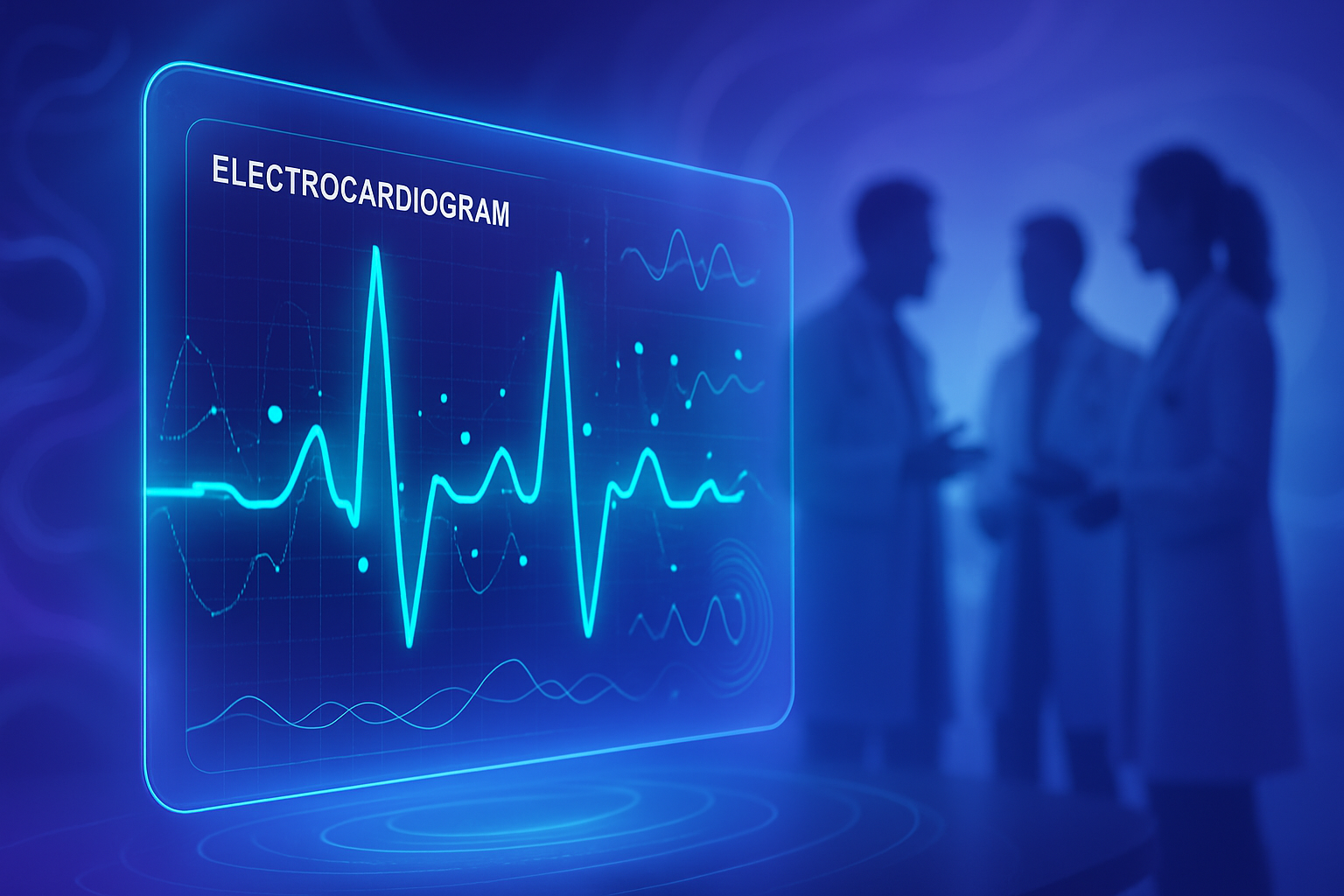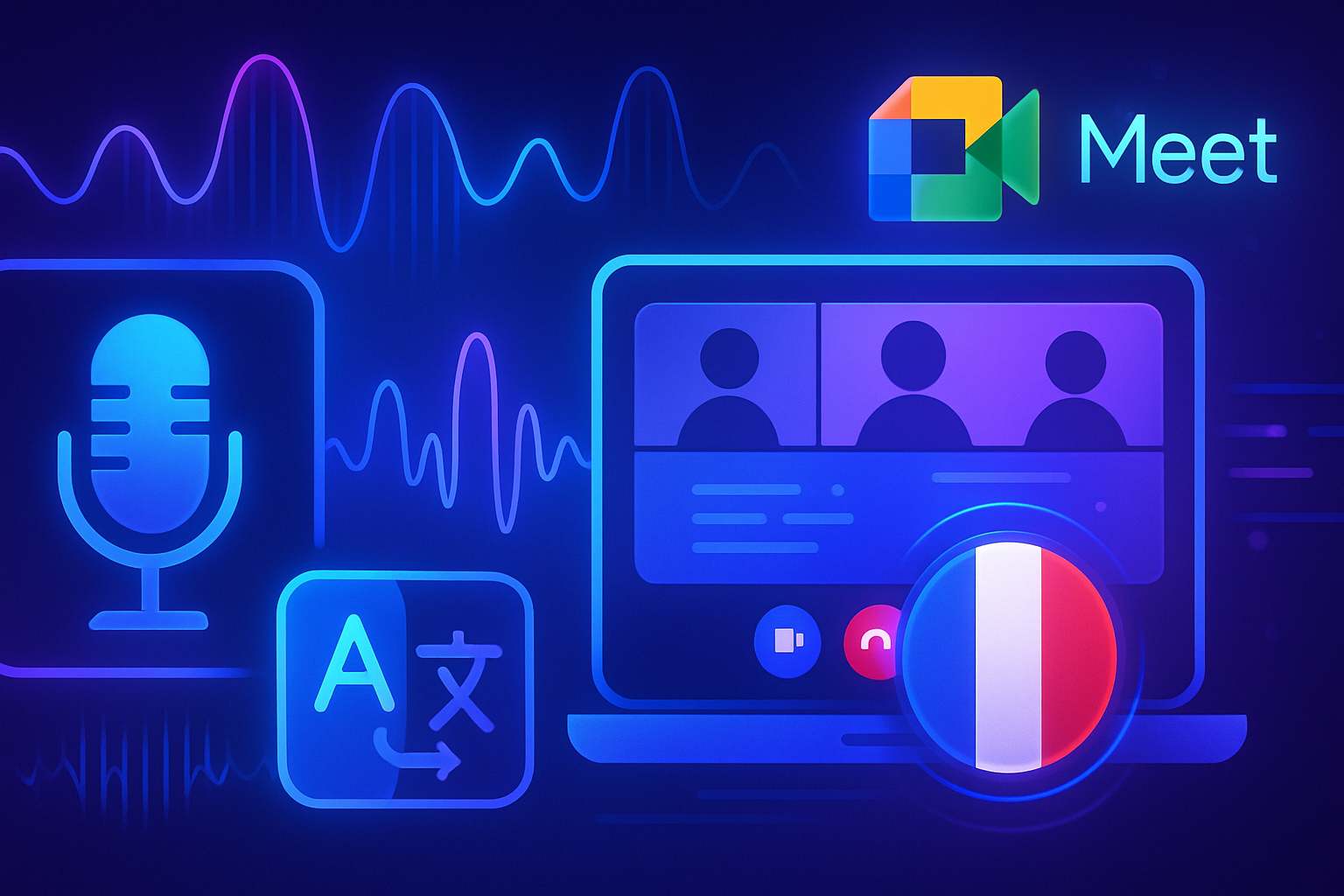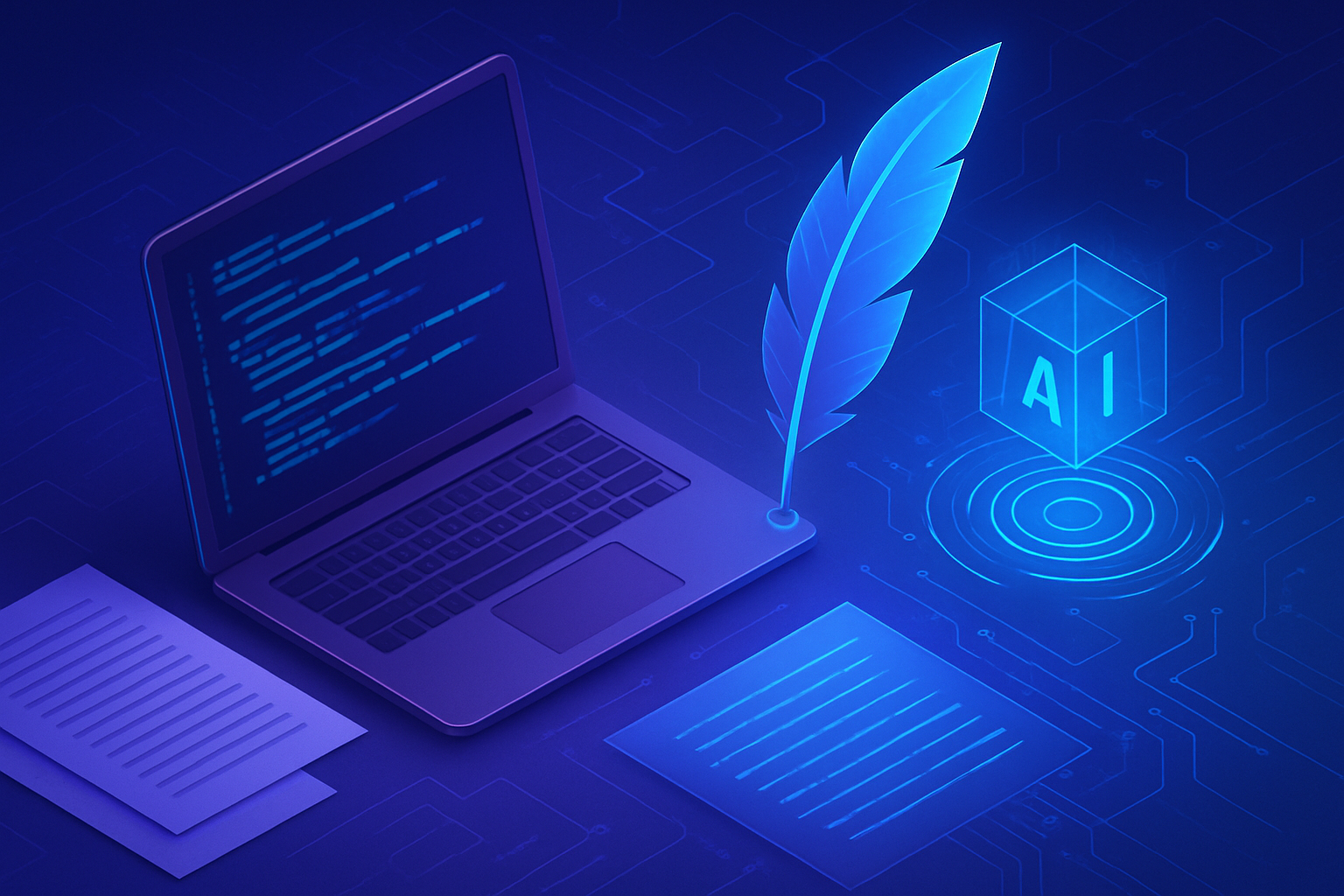The smart electrocardiogram is revolutionizing the diagnosis of heart diseases. This sophisticated tool provides a quick and accurate analysis of cardiac abnormalities, surpassing human capabilities. Doctors can quickly detect conditions such as heart failure or atrial fibrillation, optimizing patient treatment.
*Technological innovation* provides a crucial advantage in a sector where every second counts. Traditional devices, linked to a history of over two centuries, are finally adapting to the demands of the 21st century. Patients benefit from early detection, paving the way for tailored and effective treatments.
A revolutionary tool
A new electrocardiogram (ECG) equipped with artificial intelligence (AI) is transforming the diagnosis of heart diseases. This innovative device allows doctors to quickly detect conditions such as heart failure, valve diseases, and arrhythmias. The implementation of this technology could profoundly change how doctors assess their patients’ cardiovascular health.
In-depth analysis of heartbeats
This new ECG analyzes subtle differences in heartbeats and blood flow, elements that the human ear cannot perceive. The instrument simultaneously records the heart’s electrical activity and the sound of circulating blood, thus providing a more comprehensive view of cardiac status. The results of this analysis are sent to the cloud where a specialized algorithm, trained on massive data, interprets them.
Early detection of critical conditions
The speed of this test allows practitioners to assess in a matter of seconds whether a patient is at risk of heart failure. The results are then transmitted directly to a smartphone, facilitating quick management of treatment. This early detection capability proves particularly essential for patients suffering from atrial fibrillation, a condition that, while asymptomatic, significantly increases the risk of strokes.
Evidence on effectiveness
The study conducted by Imperial College London involved over 12,700 patients in 96 medical practices. The results show that those examined by the smart ECG were 2.33 times more likely to be diagnosed with heart failure in the year following the examination. Furthermore, the device identified cases of atrial fibrillation 3.45 times more often than traditional methods.
A technology available to practitioners
This research highlights the importance of transitioning to modern clinical tools. General practitioners will benefit from a simple and effective instrument to detect heart health issues earlier. According to experts, early diagnosis provides access to appropriate treatment, allowing patients to lead healthier lives for longer.
Development and future
Researchers are presenting the results of this study at the Congress of the European Society of Cardiology in Madrid. The devices are already in circulation in various medical practices in the UK. Further deployment will soon take place in England, in Cardiff and other regions. The introduction of this smart ECG could revolutionize medical practice.
Potential and implications
Experts like Dr. Sonya Babu-Narayan emphasize the significant contribution of this innovation to cardiac care. The possibilities of integrating AI into this type of diagnostic could reduce mortality related to cardiovascular diseases, providing an increased chance of survival to many patients. Learn more about the impact of AI on the treatment of heart diseases.
Frequently asked questions about the smart electrocardiogram
What is a smart electrocardiogram and how does it work?
A smart electrocardiogram is a modern medical device that uses artificial intelligence to analyze the heart’s electrical signals. It detects anomalies such as heart failure and heart rhythm disorders within seconds by comparing the data with databases from millions of patients.
What are the advantages of using a smart electrocardiogram compared to traditional methods?
This device allows for early detection of heart diseases, which can significantly improve the chances of effective treatments. Unlike traditional stethoscopes, it provides precise and quick numerical results, making the assessment of patients’ cardiac status more efficient.
How does the smart electrocardiogram help diagnose heart failure?
It identifies signs of heart failure by analyzing the electrical patterns of the heart. Thanks to its algorithm, it can quickly assess whether a patient is at risk, allowing doctors to act swiftly to prevent serious complications.
Can the smart electrocardiogram detect all types of heart diseases?
While particularly effective at detecting heart failure, arrhythmia, and valve diseases, this device is mainly designed for certain conditions. Doctors may then recommend other tests if the results are concerning.
Does using the smart electrocardiogram require special training for doctors?
No, the smart electrocardiogram is designed to be user-friendly. Doctors receive basic training to understand how it works, and the user interface is intuitive, allowing for quick interpretation of results.
Where can one obtain a smart electrocardiogram?
These devices are generally available in medical clinics and doctors’ offices that adopt innovative technology. Their use is also expanding with plans for larger-scale deployment in various countries.
What time frame is required to receive the results of a smart electrocardiogram?
Results are typically available within seconds after the examination, allowing doctors to make immediate decisions regarding patient treatment.
Is the smart electrocardiogram costly for doctors and patients?
While the initial investment for medical practices may be high, long-term benefits, including better detection and early treatment of heart diseases, can offset costs. For patients, access to this type of technology can also reduce hospital expenses related to late diagnoses.
Are the results obtained with a smart electrocardiogram reliable?
Yes, the results are highly reliable due to the use of artificial intelligence trained on vast datasets. Studies show that the smart electrocardiogram increases diagnostic accuracy compared to traditional methods.






